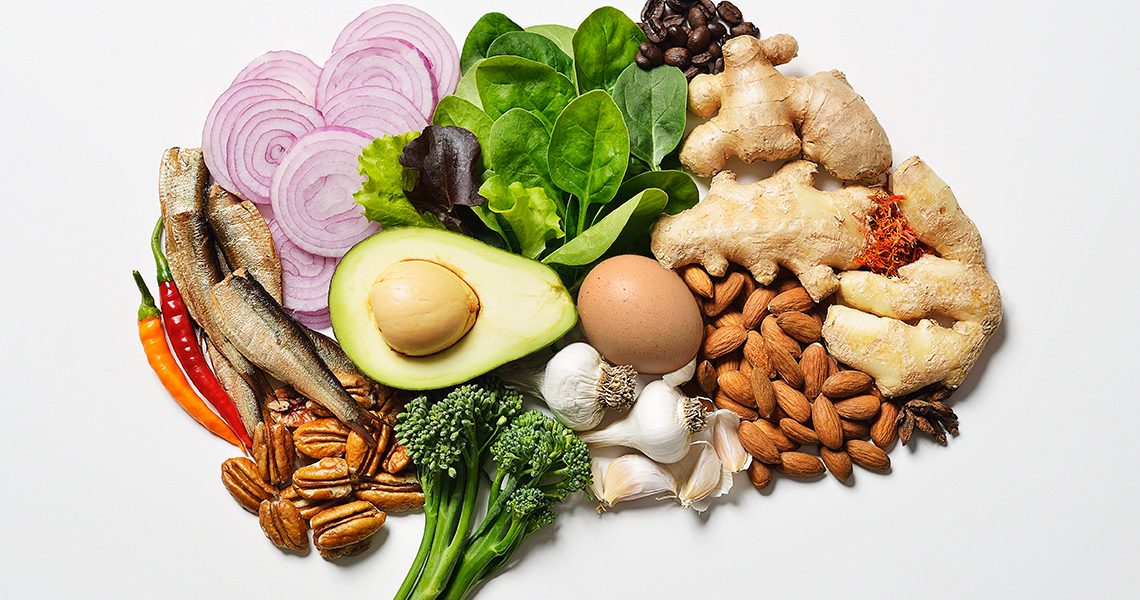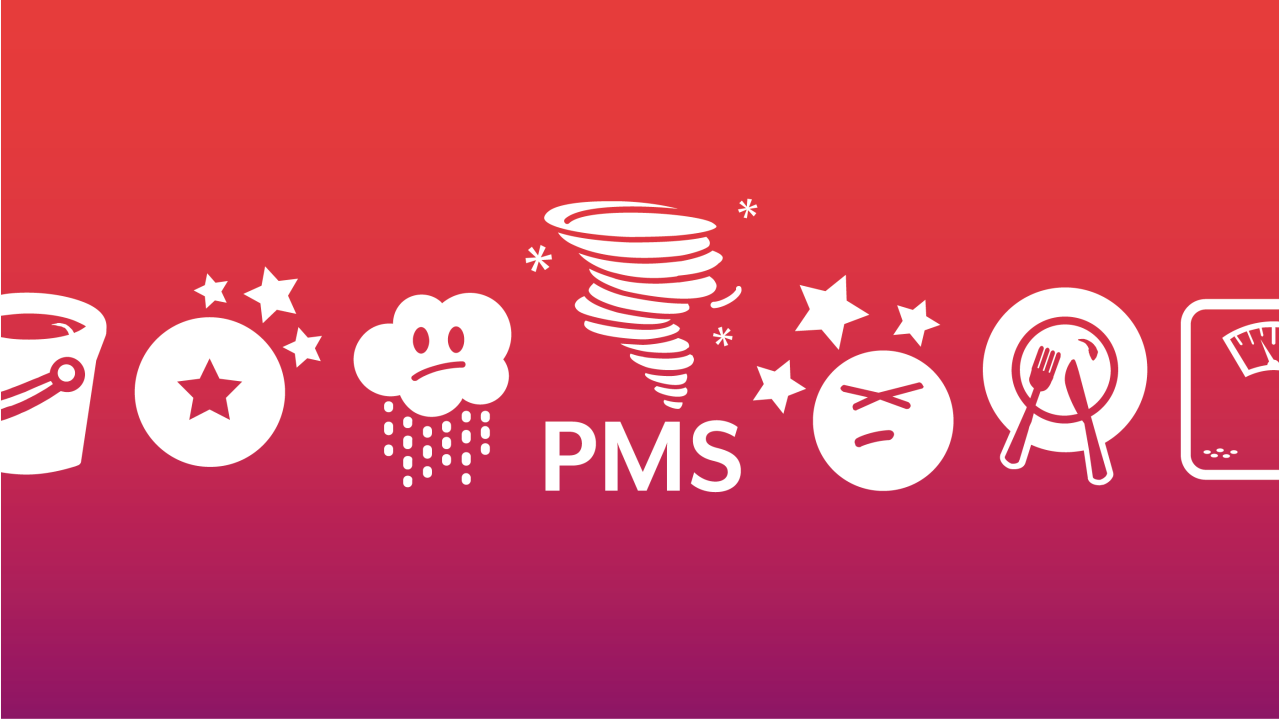Do you ever wish that there was some magical pill to enhance your memory while you’re up late studying for that awful final or trying to probe your brain for that perfect sentence to impress your writing professor? Unfortunately, there aren’t many drugs that can safely enhance your brain function, but there are foods that we can eat to help us increase our memory and overall mental capacity over time.
Our brain’s main source of fuel is glucose, or blood sugar, which is present in carbohydrates and natural sugars we eat. We can get plenty of sugar from fruits and unprocessed foods, such as grains. You also get many other nutrients and vitamins needed to keep the rest of our body functioning throughout the day from the foods I mentioned. If our brain has more sugar to work with, we’re better able to take in more information and stay alert. If you have too much sugar, however, then you may experience a “sugar crash,” which often makes you feel fatigued as a result of your body storing all of that excess sugar in your liver.
Does all of this information sound fishy to you? Another wonder food that helps enhance cognitive function and memory capacity is fish. It is a great protein source that is also rich with omega-3 fatty acids. These are necessary for brain development and maintenance. Studies have shown that a higher dietary intake of omega-3 fatty acids have been linked to a decrease in the likeliness of developing dementia, stroke, and other mental problems while increasing memory as we age. Eat at least two servings of fish a week along with nuts (which also have the same brain-enhancing chemicals) to have a healthier brain and body.
There’re also plants out there that can enhance our mental function. Ginkgo biloba is a plant that was first cultivated by the Chinese and brought here to the US. According to folklore, ginkgo is the tree that Buddha sat under while he meditated, so you know this stuff is good for your mind! You can buy this plant (or its leaves) at Berkeley Bowl or an herb shop, and use them in teas or as recipe supplements. They are even prevalent on the UC Berkeley campus! They act as a memory enhancer and can help decrease your chances of getting dementia. It can even help treat dementia! This plant also treats blood disorders by enhancing blood flow throughout the body. Of course, blood circulation needs to be effective to ensure adequate delivery of nutrients to the brain.
Article by Jonathan Trejo
Feature Image Source: AARP
























